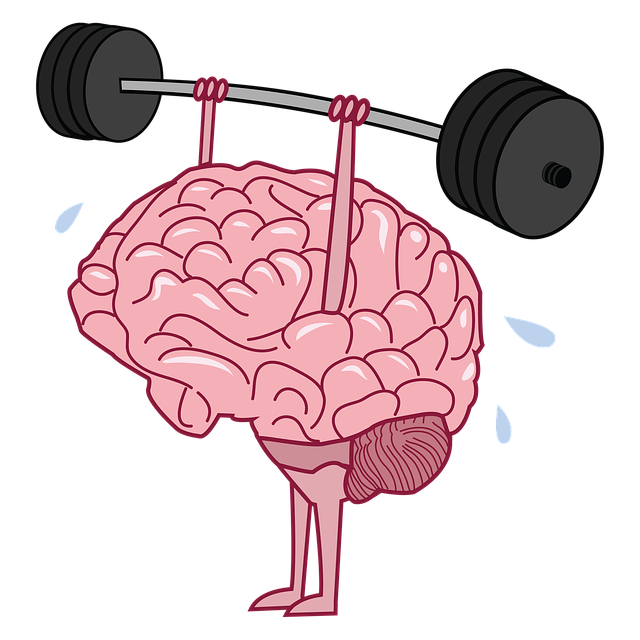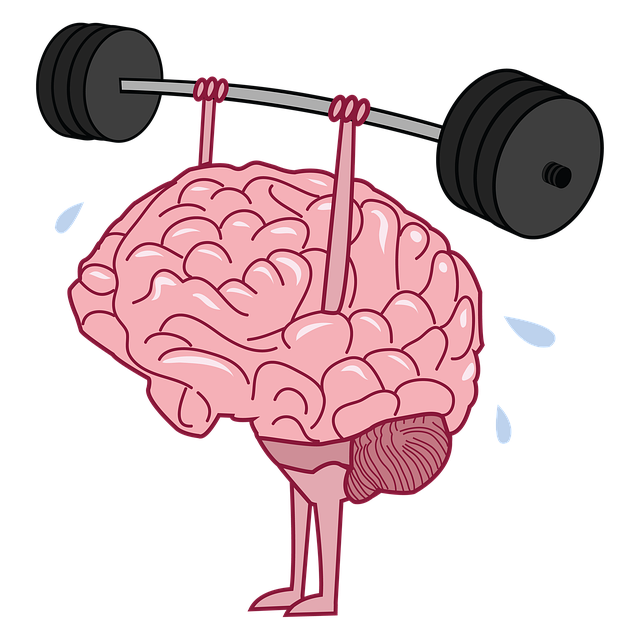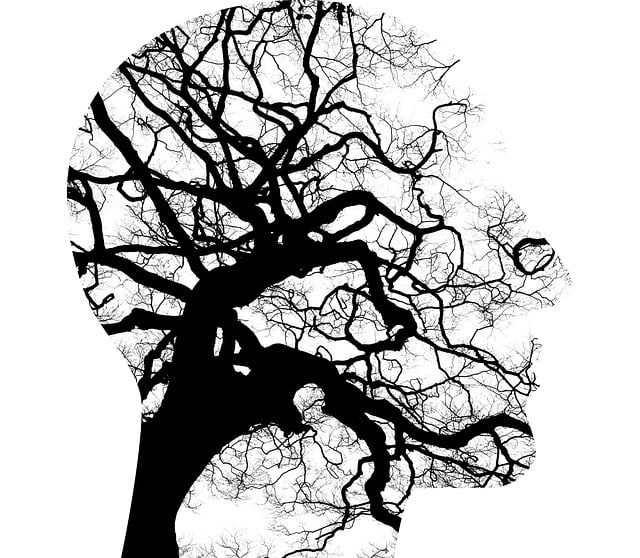Coping skills are essential for adults facing cancer and its challenges, helping them manage stress, emotions, and build resilience through therapy, especially cognitive behavioral therapy (CBT). This approach teaches individuals to challenge negative thoughts and replace them with healthier ones, reducing anxiety and improving emotional well-being. Public awareness campaigns emphasizing community support further enhance this process by fostering a sense of belonging and providing valuable resources, ultimately assisting in managing stress and emotions related to cancer and its aftermath.
Coping skills are essential for navigating the challenges posed by cancer, offering a lifeline to patients facing this life-altering diagnosis. This article delves into understanding coping mechanisms and their profound impact on cancer support. We explore effective strategies for development, emphasizing therapy’s pivotal role in enhancing these skills specifically for adult cancer patients. By examining these approaches, we aim to empower individuals to confront cancer issues head-on, fostering resilience and a sense of control.
- Understanding Coping Skills and Their Significance in Cancer Support
- Strategies for Developing Effective Coping Mechanisms
- The Role of Therapy in Enhancing Coping Skills for Adult Cancer Patients
Understanding Coping Skills and Their Significance in Cancer Support

Coping skills are essential tools for individuals facing cancer and its related issues. These skills refer to the abilities that help people manage stress, emotions, and challenges associated with a life-threatening illness. In the context of therapy for adults with cancer, coping mechanisms play a pivotal role in enhancing resilience building and overall well-being. Understanding and developing these skills can significantly aid patients in navigating their journey towards recovery.
The significance of coping skills becomes even more apparent when considering the impact on healthcare providers. Burnout prevention strategies for healthcare professionals often involve trauma support services designed to help them manage the emotional demands of caring for cancer patients. By equipping both patients and caregivers with effective coping mechanisms, support services can foster a more positive and sustainable environment, ultimately improving outcomes in cancer care.
Strategies for Developing Effective Coping Mechanisms

Developing effective coping mechanisms is a vital aspect of managing challenging life situations, especially for adults facing cancer-related issues. Therapy plays a crucial role in this process, offering various strategies to enhance resilience and emotional well-being. One such approach is cognitive behavioral therapy (CBT), which helps individuals identify and challenge negative thought patterns, replacing them with healthier alternatives. This can significantly reduce anxiety and improve coping abilities.
Additionally, public awareness campaigns development emphasizes the power of community support. By sharing personal stories and providing educational resources, these campaigns foster a sense of belonging and understanding. Such initiatives not only offer practical tips for coping skills development but also serve as a reminder that one is not alone in their struggle. This collective approach can be a powerful tool in managing stress and finding healthy outlets for emotions related to cancer and its aftermath.
The Role of Therapy in Enhancing Coping Skills for Adult Cancer Patients

Therapy plays a pivotal role in enhancing coping skills for adult cancer patients by providing them with a safe and supportive space to process their emotions, fears, and concerns related to their illness. Professional therapists offer evidence-based techniques tailored to each patient’s unique needs, focusing on both psychological and emotional aspects of cancer care. Through psychotherapy sessions, patients can explore healthy self-care practices, cultivate positive thinking, and build resilience—essential components for navigating the challenges that come with a cancer diagnosis.
Incorporating therapy into their support system allows adults dealing with cancer issues to develop effective coping mechanisms, improve their quality of life, and enhance their overall well-being. By addressing psychological barriers and fostering a sense of empowerment, therapy enables patients to actively participate in their care, make informed decisions, and maintain hope during their cancer journey.
Coping skills development is a vital aspect of cancer support, enabling adults to navigate the challenges associated with their illness. Understanding and implementing effective coping mechanisms can significantly enhance overall well-being during treatment and beyond. As previously mentioned, therapy plays a pivotal role in this process, offering specialized support tailored to adult cancer patients’ unique needs. By integrating these strategies into their care plans, individuals can better manage stress, anxiety, and the emotional burden associated with cancer, ultimately fostering resilience and improving their quality of life.














